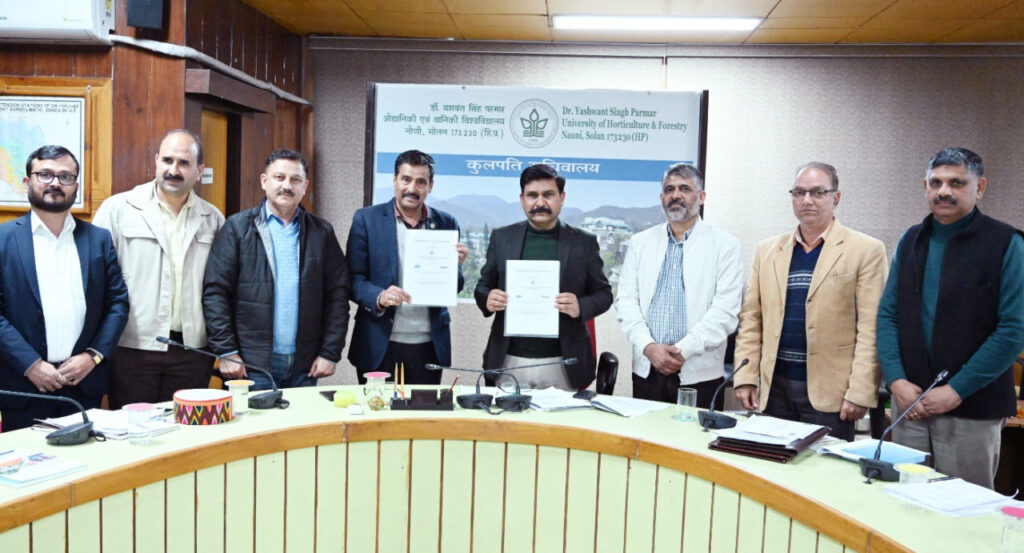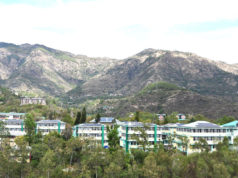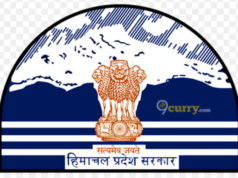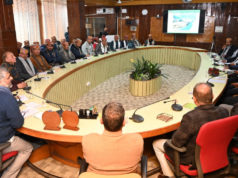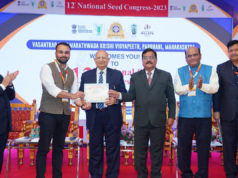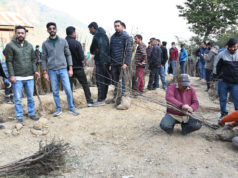Dr. Yashwant Singh Parmar University of Horticulture and Forestry (Nauni) has partnered with Samagra Shiksha, Himachal Pradesh, to provide hands-on agricultural training to over 11,900 school students pursuing vocational education in agriculture. The collaboration, backed by a ₹2.8 crore budget, aims to promote entrepreneurial skills and modern agricultural practices among students, aligning with the goals of the National Education Policy (NEP) 2020.
As part of this initiative, a state-of-the-art Incubation Centre for Vocational Education in Agriculture and Allied Sectors will be established at the university. The project will combine the university’s agricultural expertise with Samagra Shiksha’s funding to offer practical training, advanced technological integration, and a progressive curriculum tailored to classes 9–12.
Key features include modern agricultural tools, smart classrooms, and training modules incorporating AI, robotics, and drones to enhance productivity in agriculture and horticulture. The project will also involve field visits, workshops, and internships with local agricultural businesses, NGOs, and farmer producer groups, giving students exposure to real-world challenges and solutions.
The MoU was signed on Thursday evening at Nauni by UHF Vice-Chancellor Prof. Rajeshwar Singh Chandel and Rajesh Sharma, State Project Director of Samagra Shiksha. Speaking on the occasion, Rajesh Sharma highlighted the collaboration’s role within the World Bank-funded STARS project and emphasized its alignment with NEP 2020. “This partnership bridges the gap between academic institutions and industries, equipping students with the skills to address challenges in agriculture and allied sectors,” he said.
Prof. Chandel expressed pride in the university’s involvement, stating, “This collaboration is a step toward making agriculture a viable career option, especially in a society where it is often undervalued compared to professions like engineering and medicine.”
Prof. Chandel noted the concerning trend of students from agricultural backgrounds moving away from the field, while others are beginning to explore its untapped potential. “As barren agricultural land increases, it is crucial to educate students about opportunities in agricultural entrepreneurship. Agriculture offers lucrative prospects often overlooked for low-paying white-collar jobs,” he added.
Through this collaboration, students will receive 40-60 hours of training annually, integrating virtual and in-person sessions. They will also engage in rural development projects, gaining insights into local agricultural challenges and developing innovative solutions. The university’s regional stations and constituent colleges will actively participate, ensuring comprehensive training for students.


